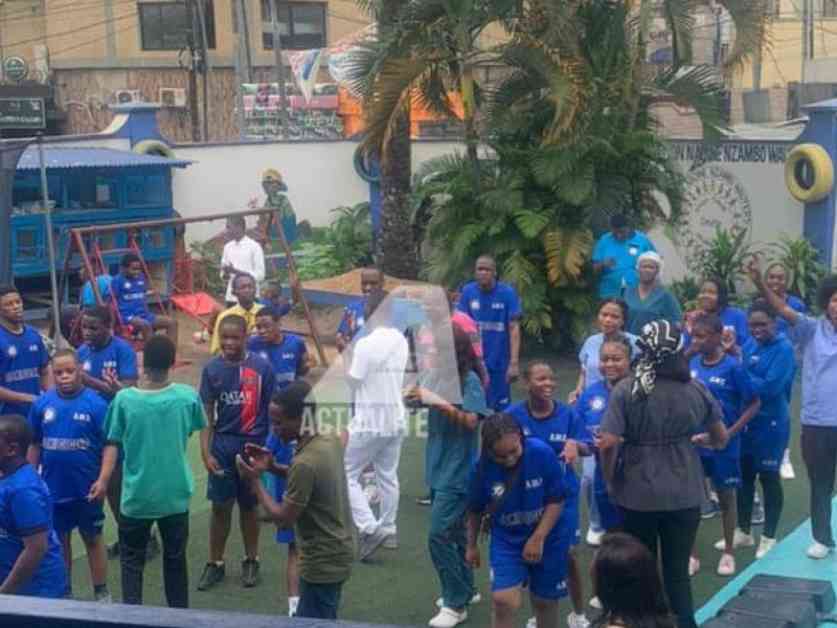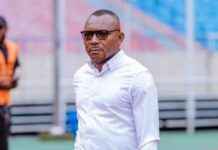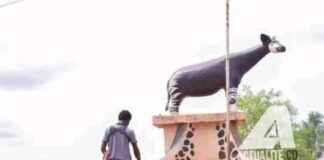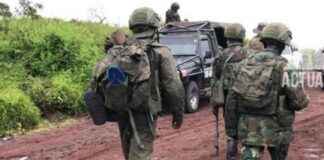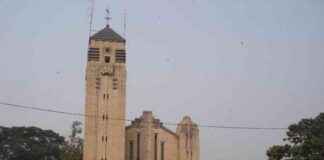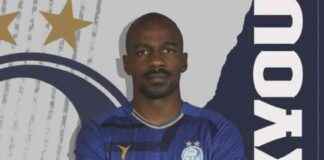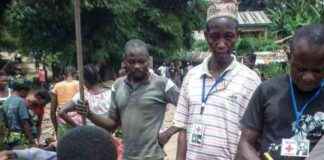Kinshasa: Supporting Children with Autism
In many places in Kinshasa, children with autism are often seen as “cursed” and labeled as “Kizengi”. They are marginalized and subjected to judgments based on degrading stereotypes. However, individuals with autism primarily face challenges in the areas of social communication and interactions. They struggle to understand non-verbal cues, initiate conversations, and share emotions. These patients, especially children, require special support and follow-up to ensure that their learning journey is not a lonely battle.
In the Ngaliema commune, autistic students are striving to grasp what seems obvious to others. Some of them have Down syndrome, while others have conditions such as dyslexia, dysphasia, or dysgraphia. The school Les Amis de Daniel, led by Nadine Wauters, is dedicated to educating and including these often marginalized children, challenging traditional norms. According to Wauters, building a more just and inclusive society involves a profound change in perspective, viewing autism not as a flaw to be corrected but as a human variation to be accepted and respected.
“We have various categories of children here, and each one matters. Our goal is to help them integrate into society and become independent. Unfortunately, autistic children are still perceived as witches, burdens, idiots, or shameful kids. We raise awareness in the community to change these perceptions because, at the end of the day, they are human beings who deserve attention and respect,” adds Nadine Wauters. Autism is a permanent neurodevelopmental condition that affects how a person perceives and interacts with the world. Its manifestations vary greatly from one individual to another, both in intensity and combination of characteristics. Understanding these disorders better allows for the adaptation of educational practices for each child.
The school “Les Amis de Daniel” caters to nearly 100 children without external support other than parental contributions. However, they remain resilient. “We don’t receive any sponsorships. We operate solely based on parents’ contributions. Well-meaning individuals can also help us by providing food, games, or other items. While our school accommodates fewer than 100 students, Kinshasa has thousands of them. There are over 100,000 children with disabilities who are not enrolled in school. Their parents suffer and believe they are worthless. Yet, with proper guidance, these children can become active members of society,” asserts Nadine Wauters.
The perception of autism in Congolese society fluctuates between progress and prejudices. Better informing, listening to those affected, and promoting genuine inclusion are crucial to overcoming misconceptions and building a fairer and more humane society. Autism typically manifests in early childhood and is primarily of neurobiological and genetic origin. It is not a mental illness and is not linked to parenting. Individualized and multidisciplinary care aims to support autistic individuals throughout their lives, developing their skills, promoting autonomy, and enhancing their quality of life. This may involve various therapies and educational supports tailored to each person’s unique needs.
In conclusion, supporting children with autism in Kinshasa is vital for their well-being and integration into society. It requires a shift in mindset to view autism as a natural human variation rather than a defect. Organizations like Les Amis de Daniel play a crucial role in providing these children with the necessary tools and support to thrive. By raising awareness and promoting inclusion, we can create a more compassionate and understanding community for individuals with autism.
